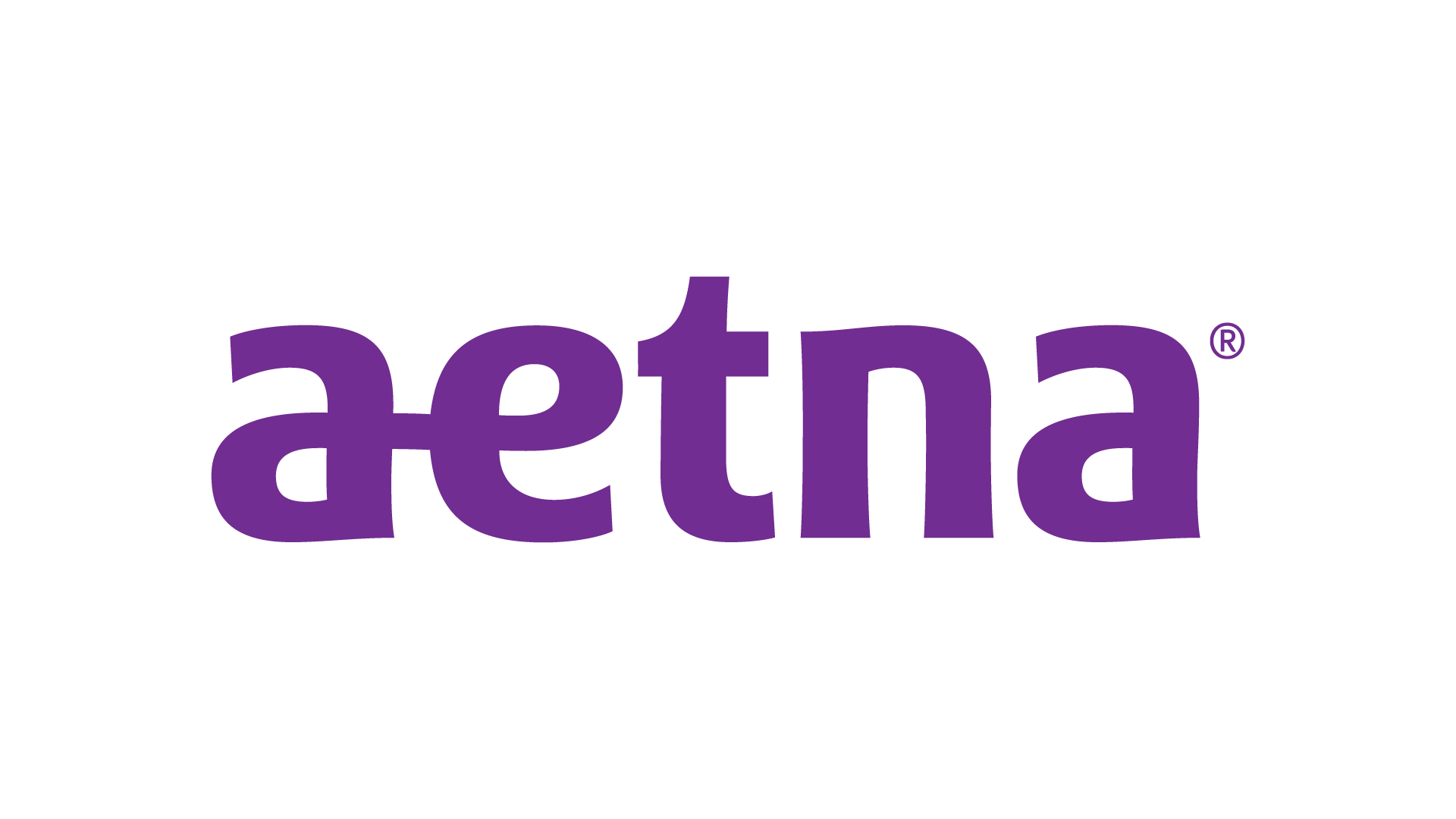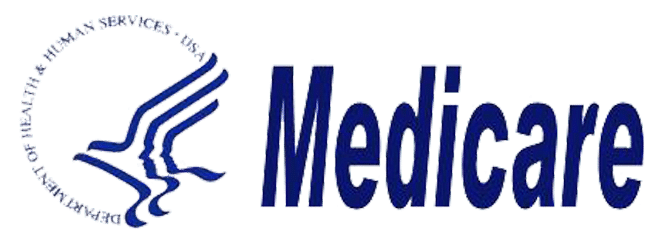We specialize in TMS Therapy for safe and effective treatment of OCD.
At Long Island Neurocare Therapy, our therapists have expertise in treating various mood disorders through TMS Therapy.
What is OCD?
Obsessive-compulsive disorder (OCD) features a pattern of unwanted thoughts and fears (obsessions) that lead you to do repetitive behaviors (compulsions). These obsessions and compulsions interfere with daily activities and cause significant distress.29
You may try to ignore or stop your obsessions, but that only increases your distress and anxiety. Ultimately, you feel driven to perform compulsive acts to try to ease your stress. Despite efforts to ignore or get rid of bothersome thoughts or urges, they keep coming back. This leads to more ritualistic behavior — the vicious cycle of OCD.29








TMS Therapy non-invasively targets abnormal circuitry of OCD in the brain.
Prior to each treatment, patients undergo individually tailored provocations to activate the abnormal OCD circuitry (for instance, asking a person with germ-related obsessions and compulsions to touch the floor and then not use hand sanitizer).30
Obsessive-compulsive disorder usually includes both obsessions and compulsions. But it’s also possible to have only obsession symptoms or only compulsion symptoms, as detailed below:28
Obsessions often have themes to them, such as:
Examples of obsession signs and symptoms include:
As with obsessions, compulsions typically have themes, such as:
Examples of compulsion signs and symptoms include:
OCD is diagnosed during a physical and psychiatric exam when obsessions and compulsions:29
Always see your healthcare provider for a diagnosis.